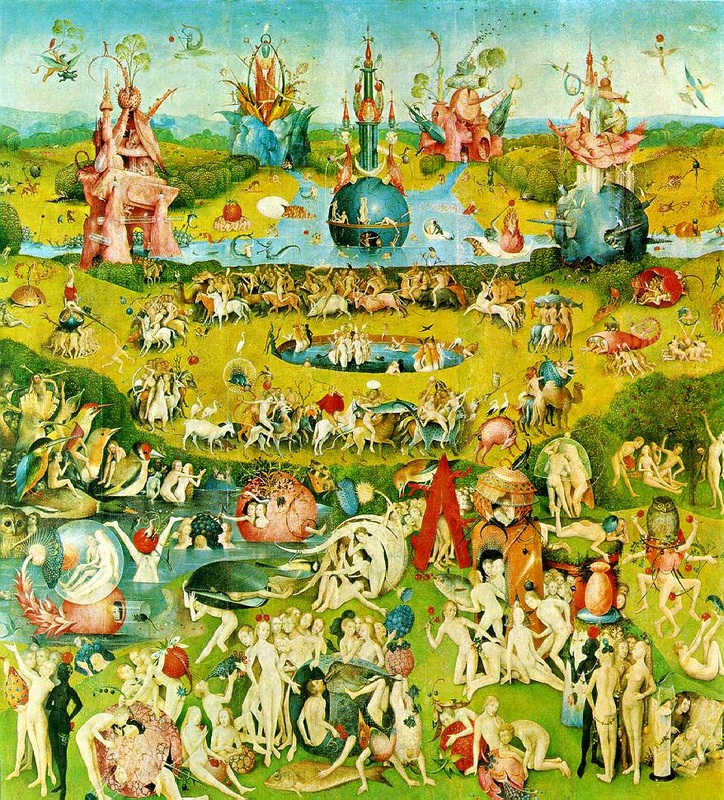 The author of Genesis does not always provide the literal details of the creation he describes. This is because he assumes that his readers are rational creatures who analyze and study the material he provides. From their contemplation of the text they are meant to elicit the rational truth that lurks necessarily beneath its surface. One such example of this process can be found in the description of man’s creation. There we seem to find scarce few details of man’s nature in relation to nature and to God. And yet there are truths which must be assumed if the text is make any sense. Again, the text is meant to make sense, since it was written to be understood. And it was written to be understood because man was made to understand. This is why we assume that the man whom God addresses in Chapter Two of the text is rational. This means that he can understand what God says to him, and that when God commands, he is meant to obey. Obedience is a response to a rational command. In this case the rational command comes with a warning. And the Lord God took the man, and put him into the garden of Eden to dress it and to keep it. And the Lord God commanded the man, saying, Of every tree of the garden thou mayest freely eat: But of the tree of the knowledge of good and evil, thou shalt not eat of it: for in the day that thou eatest thereof thou shalt surely die. (Genesis ii. 15-17) As we have said before, the man whom God addresses can understand God’s commandment and the meaning of it. He would understand that he lives in the garden of life and that there is no such thing as non-life or death in it. He would understand death as the absence of life- as what has no life or is deprived of it. He would understand that death is other than what the good God desires and wills. And so he would have understood that it would be something outside of and other than what he experiences because of his obedience His Maker. So man clearly comprehends the commandment and the consequences of disobeying it. What man (or the Adam) should have realized also was that the fruit of the Tree of Good and Evil represented something that was beyond his power to manage and control. The tree itself contained a meaning and truth that man does not make and thus cannot rule and govern. He was made to live in and through God’s goodness alone; to live and to live well according to his nature depended upon God’s rule and governance of all things. What this means is that the absence of goodness, should it be entertained and then embraced would introduce another power or principle into man’s life that would compete with God’s sole sovereignty. Man would then condition his being to the habit of God and God’s absence, or of good and evil. Thus his being would be forever torn dualistically between two kinds of knowing that would vie for the affections of his heart. God knew, of course, that man would not be able to sustain this schizophrenic reality. God’s goodness alone can resist evil and treat it as non-reality. But man chose to reject the known Good. He chose to ignore that he was made in God’s image and likeness, and that the perfection of his nature was sustainable only through perfect adhesion to His Maker’s will through obedience. Now man knows himself in isolation and alienation from the fontal Goodness that would have united him to God, nature, and himself. Now man will come to participate in Goodness only through that pain and suffering that is ongoing death. But through that death, God’s desire slowly and methodically brings man back into possession of the Word of life. ©wjsmartin Comments are closed.
|
St. Michael and All Angels Sermons:
|


 RSS Feed
RSS Feed